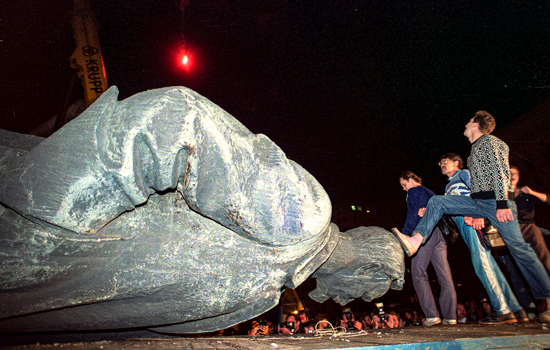Critical Collapsology Part 2:
Limitless Risk Instructor: Richard HamesProgram: History, Design & WorldmakingCredit(s): 1Date: August 17, 24, 31, September 7Time: 09:00-11:30 ET

DESCRIPTION: Last season, in the first part of this Seminar, we established a new frame for studying the rapid decomposition of social structure, called ‘critical collapsology.’ This theory more adequately conceptualizes the vulnerabilities faced by global capitalist societies and sketches an orientation toward collapse.
However, the theory remains relatively abstract. In this second part of the Seminar, we will look at the particular histories that have led us to our vulnerable present moment and develop a radical politics adequate to our incapacity for formulating utopias. How did the world become so vulnerable? How have people responded to vulnerability before? Why is the end of utopia a problem for the left? What institutions should we create now, and how?
Session 1: We will run a collective mapping project to enumerate our current risks. We will introduce the horizon scanning techniques, the Delphi method, and the basic principles and theory of prediction markets.
Session 2: Starting from the premise that collapse is already an object in contemporary politics, we will survey responses to its prospect. Each response imagines a particular mode of collapse and proposes ways to address it. These responses range from drastic to gentle, gestural to programmatic.
Session 3: We turn to the reformulation of a ‘communist core’ in politics and its status, given the risk of collapse. The communist task requires actualization in a world simultaneously made possible and frustrated by capitalism. Marx and Engels describe communism as “”the real movement which abolishes the present state of things. The conditions of this movement result from the premises now in existence.”” What if those premises are no longer in existence?
Session 4: Exploring practical questions, we ask what political possibilities persist through any future collapse, materially and conceptually. What strategies for resilience, emergency responses, and transformations of thought into transportable protocols might be required during different stages of collapse? What should we build now?
”
IMAGE: Gabriel Alcala, Foucault In California, 2023
To see The New Centre Refund Policy CLICK HERE.
To see The New Centre Refund Policy CLICK HERE.